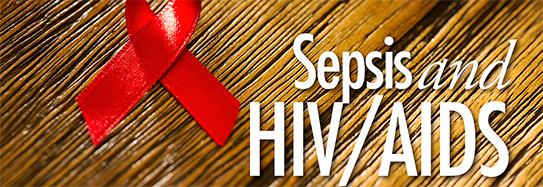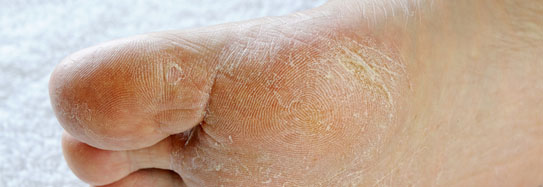HIV, human immunodeficiency virus, is the virus that causes AIDS, acquired immunodeficiency syndrome. People who have AIDS have HIV, but people who have the virus do not necessarily have AIDS.
At the XVI International AIDS Conference in 2006, researchers said, “The final common pathway of untreated AIDS is progressive immunosupression over many years followed by an acute critical illness, usually sepsis, and death, often within 48 hours.” In other words, sepsis is the most common cause of death from AIDS and it occurs very quickly.
In a study published in 2020, researchers found that for people living with HIV in the US and Canada, sepsis or infection was the top reason for hospitalization over the course of the study.
Sepsis, which was often called blood poisoning, is the body’s life-threatening response to infection. Like strokes or heart attacks, sepsis is a medical emergency that requires rapid diagnosis and treatment.
Suggested Citation:
Sepsis Alliance. Sepsis and HIV/AIDS. 2024. https://www.sepsis.org/sepsisand/hiv-aids/
Updated January 19, 2024.






































